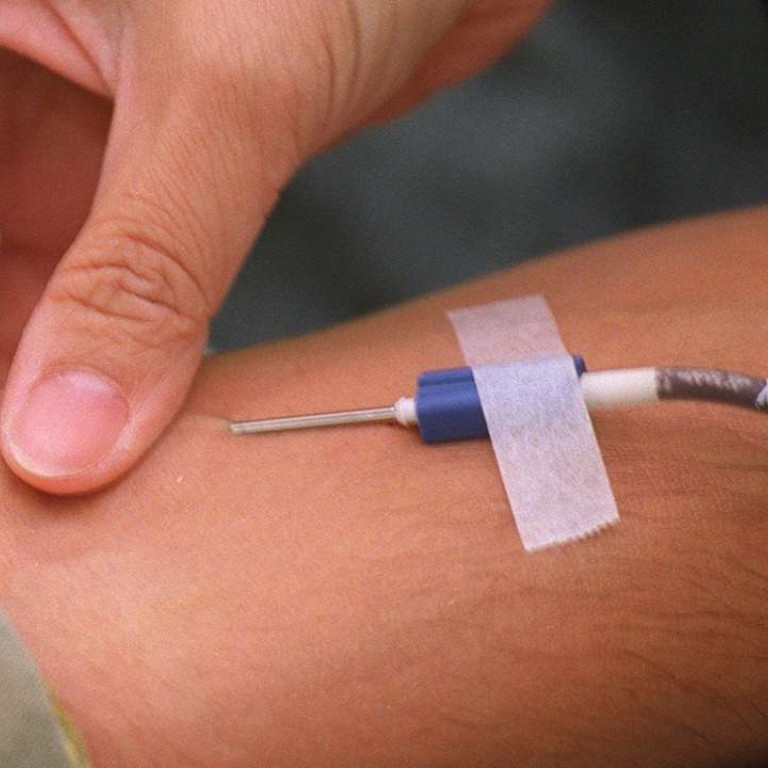
One in eight Hong Kong blood donors rejected due to low iron levels, Red Cross says
Doctors advise eating iron-rich foods, consuming Vitamin C, which enhances iron absorption, and to avoid drinking tea and coffee too soon after meals
More than 70,000 well-meaning Hongkongers tried to donate blood last year but were turned away – a 15 per cent rise from the year before – with one in eight donors found to have low iron intake, according to the Hong Kong Red Cross.
Low blood iron levels caused by poor diet choices were the main concern. One in eight would-be donors were told they couldn’t donate due to anaemia or low haemoglobin count, the city’s Red Cross blood transfusion service’s chief executive Dr Lee Cheuk-kwong said on Tuesday.
Haemoglobin is the component in red blood cells that carries iron.
Although 2.2 per cent more people volunteered to give blood last year, the transfusion service ended up collecting 1.1 per cent fewer units of blood due to the increase in deferrals, Lee said.
“We certainly believe that the problem is getting worse,” Lee added.
“In most developed countries, the deferral rate due to low haemoglobin levels is much lower than what we’ve seen in Hong Kong.”
“We have a good supply of food and most citizens here have a reasonable amount of iron intake. But their habits and pattern of food intake may not be good enough for optimising iron absorption.”
Lee urged Hongkongers to pay attention to their iron intake so that fewer people would be turned down at future donation drives, especially at a time when the demand for blood was growing due to the city’s ageing population.
The proportion of people with low haemoglobin levels in the general population was probably even higher than one in eight, he said.
People wanting to increase their iron levels should eat iron-rich foods, consume Vitamin C, which can help enhance iron absorption, and take care not to drink tea and coffee too soon after eating, as the drinks could limit the body’s ability to absorb iron, he said.
Almost 17 per cent of women donors had blood iron levels that were too low, compared with only 7.7 per cent of men. Lee said this was due to women also losing iron during bleeding from menstruation.
Blood with low haemoglobin level was unacceptable as the extraction could be harmful to the donor, and the donated blood would also not be ideal for a patient.
In Hong Kong, 32 out of every 1,000 citizens donate blood – slightly lower than the median blood donation rate in high-income countries, which is 33.1 donations per 1000 people, according to the World Health Organisation.
In the United States, about one in 10 donors are turned away due to low haemoglobin levels, according to non-profit group America’s Blood Centres.

